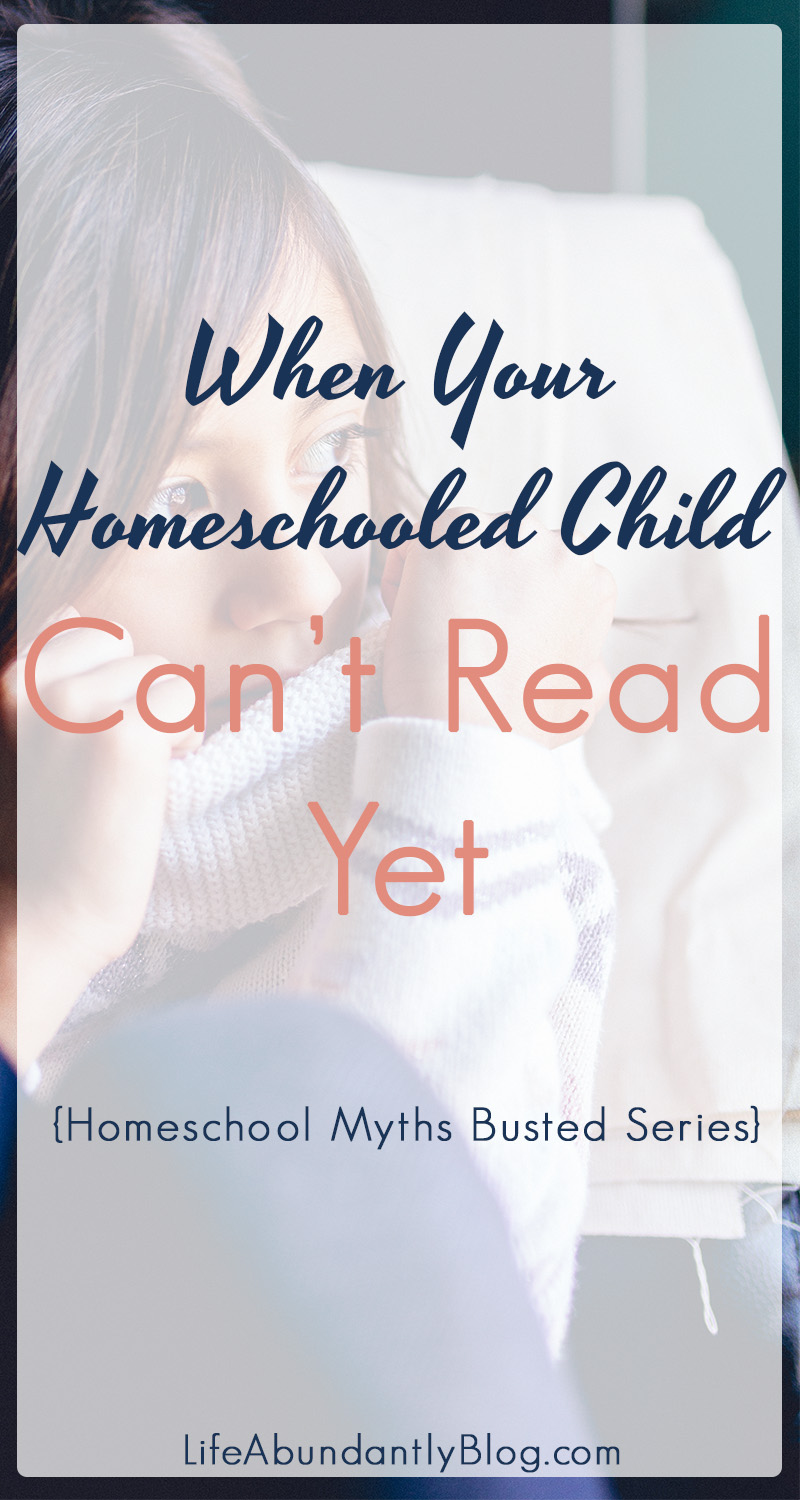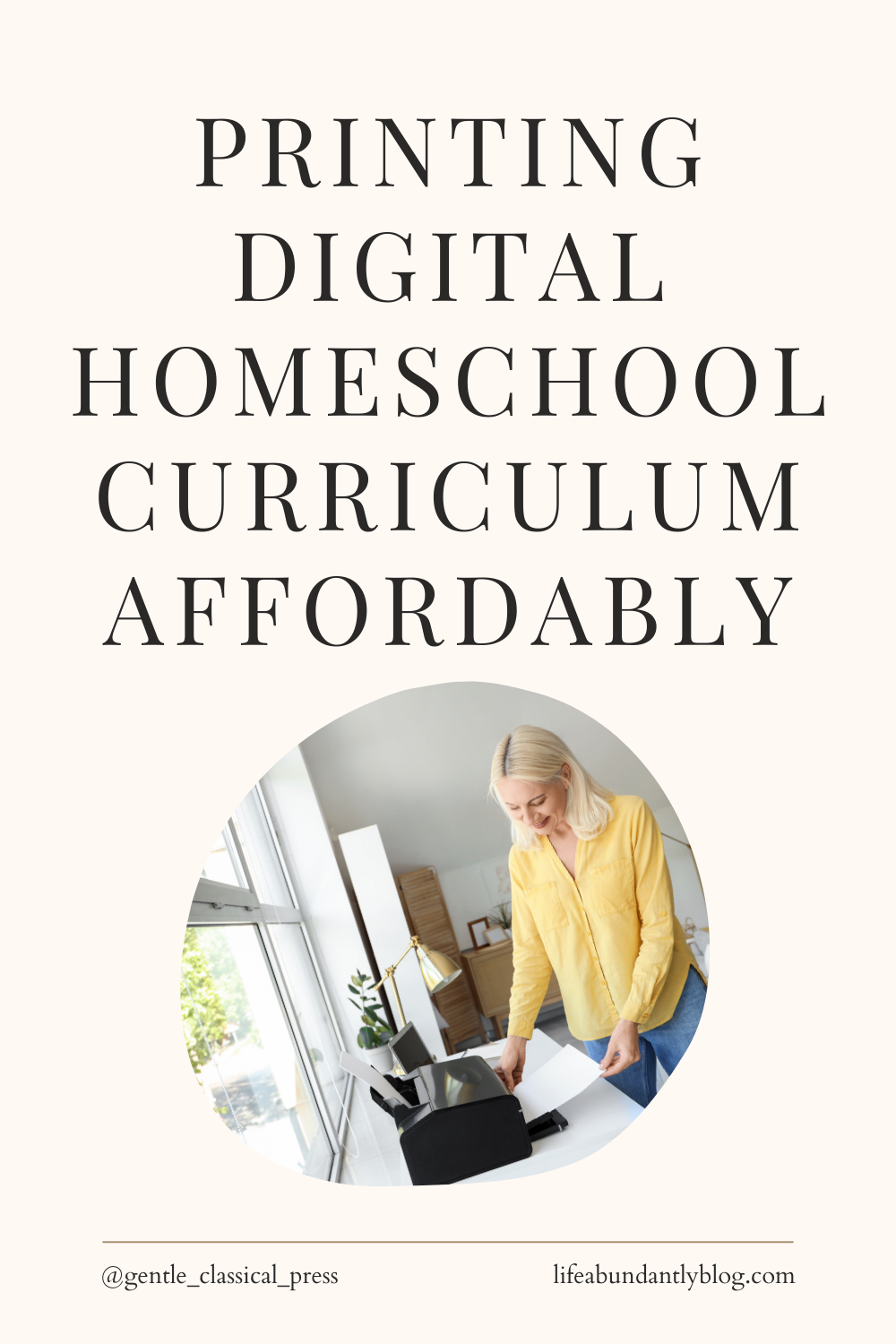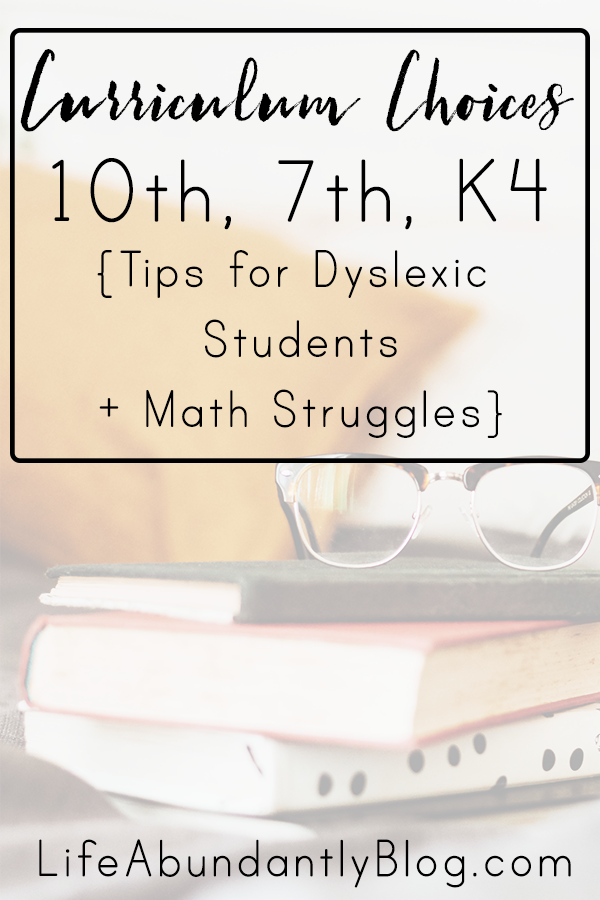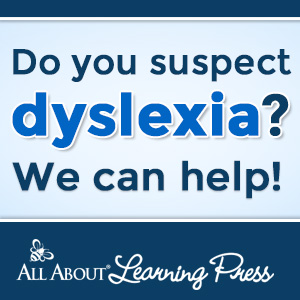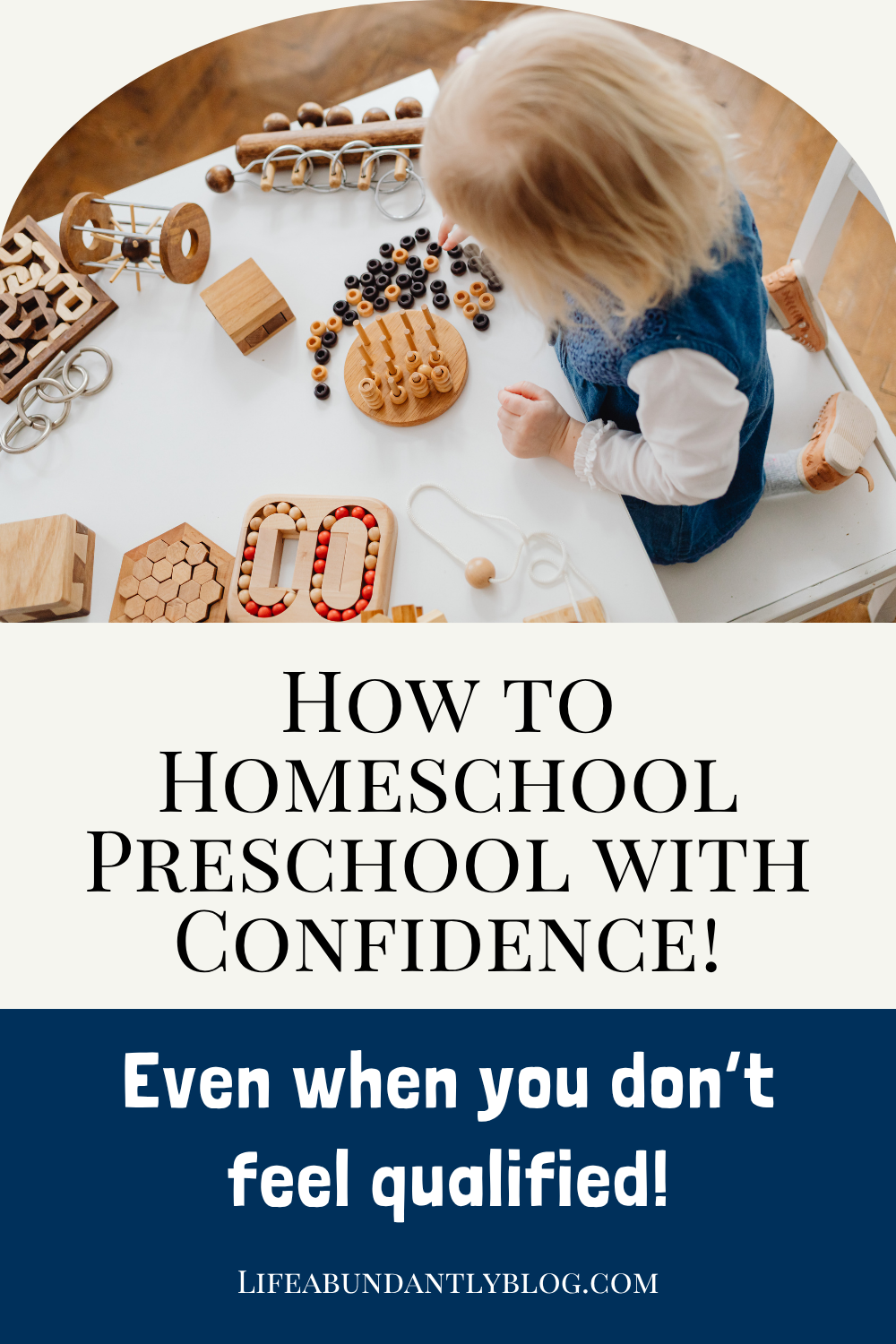When Your Homeschooled Child Can't Read Yet
/If you’d rather listen to this blog in podcast format rather than read it, listen or download below.
If you're reading this, you are probably in the midst of teaching one of your little ones to read OR you have that endeavor looming ahead of you in the near future... amiright? The singular biggest fear of every single homeschool mom I've ever spoken to is failing to teach her child to read well... and especially failing to teach them "on time".
In most of our minds, we envision that our homeschooled child would be reading well in advance of their public school counterparts (or at least at the same time). Simultaneously, in our little hearts, one reason we homeschool is to give our children the time and space to grow and develop on their own timeline. Sometimes these desires and expectations clash and can create monster homeschool mom anxiety. I know many mamas who have quit homeschooling (or never even began) because they were overwhelmed at the idea of failing in this important task.
I want to share some actual evidence with you today that helped put me at ease when my own homeschool student just wasn't progressing like I felt she "should."
First things first though: It is possible that if you've been giving your child structured reading lessons for a year or longer, and they are making very little to no progress, that they could have a reading disability (or as I prefer to say, a learning difference). When I began teaching my second child her letter names and sounds at age 4, and by age 5.5 she still didn't consistently know half of them, I knew something was amiss. Sure enough, she was diagnosed with dyslexia and auditory processing disorder (and had multiple vision issues). So IF you are truly concerned because you're seeing no progress for an extended time, then an evaluation may be in order.
Now, I want to bust wide open this whole myth that your child must be reading and writing by the time they are 6 years old. Let's look at 3 assumptions we all make that just aren't accurate:
1. Myth: My child must be an early reader to do well in school. Truth: Studies show that a child who is fluent at age 5 has no advantage over a child who is a fluent reader at age 7, by the time the children are 11. Essentially, having your child fluent by the time they're entering first grade will not impact their long-term educational endeavors in the least.
2. Myth: My child won't ever get ahead in life if he has a "late start". Truth: This study shows that children who are early readers actually have the least success and overall happiness later in life. I'm curious if there really IS a correlation like this study claims. Regardless, we can see that we are not cheating our children by not having them reading by an imaginary deadline we've imposed in our minds and one that is imposed by a school system that we've opted out of. Early reading does NOT equal later educational success or lifetime happiness.
3. Myth: If children in school are learning to read by the time they leave kindergarten, so should my homeschool child. Truth: There are two pieces to this truth. The first piece is that it's likely that you are not teaching your child with the same consistency and urgency that is found in a classroom environment. While that may sound like a negative, I assure you it isn't. Our sweet public school teaching counterparts have a school board and test scores that they are held accountable to. They also have set lesson plans for each day of the year and do not have the freedom to say, "It's a beautiful spring day- let's skip our formal lessons and head to the zoo!" (despite how much they might love to!) Our ability to be beautifully flexible in our schooling lends to a WIDE array of opportunities for our little learners that appeal to many of us- it's why we homeschool. So we cannot on one hand say that our little one has "fallen behind" little Bobby down the road when we are not doing formal reading instruction for 3 hours a day like Bobby is.
The second truth to this particular myth is that not ALL children leaving Kindergarten are reading well. There are MANY children leaving first grade after intense, structured lessons day in and day out who are still "behind". Why is this? They simply aren't ready. There is always a wide margin for what is normal in every area of development for every child. For walking, as an example, the accepted range is 9 to 17 months. There's a HUGE difference between a 9 month old and 17 month old- and it's 100% OK for both ages to be the time a child begins to walk. And if you've ever had a "later" walker, you'll probably remember that you worried and worried about when he would walk until one day- he just did. Three days later, you couldn't catch him.
Reading is SO MUCH the same way. Reading is huge and complicated and requires many different areas of the brain working in communion at one given time. Just like overall language skills, some children will seem stuck for months and months until they aren't, and the words just won't stop coming then.
So deep breath, Mama. You are NOT failing your child by allowing them to run outside and dig up bugs instead of drilling their phonics. You are NOT failing your child by allowing them to play in mud instead of practice their handwriting. You are NOT failing your child by taking a break from studies to go explore the local riverbanks. You are giving them a childhood of memories and EQUAL growth across all areas of their development. They WILL begin to read at some point, and studies show that earlier is no advantage. Take advantage of the sweet opportunities to allow your child to learn through play. There is NO BETTER education for them as a whole person.
If you'd like some great (FREE) resources for preschool and early elementary that are gentle and child-led, head here.
I will leave you with some words from Charlotte Mason on the matter of age and early education:
“The consideration of out-of-door life, in developing a method of education, comes second in order; because my object is to show that the chief function of the child–his business in the world during the first six or seven years of his life–is to find out all he can, about whatever comes under his notice, by means of his five senses; that he has an insatiable appetite for knowledge got in this way; and that, therefore, the endeavor of his parents should be to put him in the way of making acquaintance freely with Nature and natural objects; that, in fact, the intellectual education of the young child should lie in the free exercise of perceptive power, because the first stages of mental effort are marked by the extreme activity of this power; and the wisdom of the educator is to follow the lead of Nature in the evolution of the complete human being.” Charlotte Mason, Volume 1, pp. 96-97









